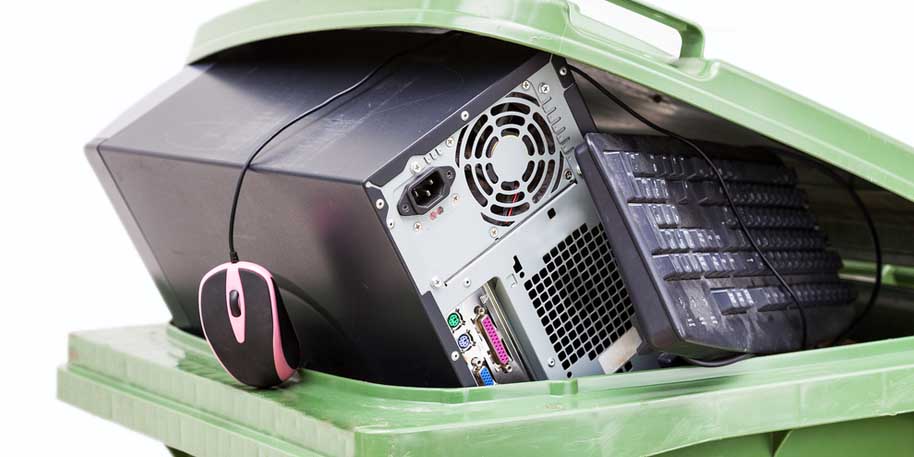While workplace related disruptions, in which the office environment is rendered inaccessible have remained fairly stable – with only a minor increase in the last year – disruptions due to technology failures have more than doubled, increasing by 140 per cent. Results from the Sungard AS annual analysis** of the UK’s major business disruptions demonstrate that hardware has been the main issue, causing a fifth of all problems (21 per cent). The year-on-year spike in technology-related complaints, also including power and communications, is particularly worrying, suggesting that while many organisations are now entirely dependent on their IT systems, they are struggling to maintain them.
As IT has become steadily more complex, there has been a corresponding growth in the take-up of Sungard AS’ Managed Recovery Services and Recover to Cloud solutions – with the former seeing a 411 per cent growth in the last year. Organisations are in the midst of shifting gears in their approach to business recovery and resilience, choosing to outsource their continuity planning to external providers. Investment in cloud infrastructure is also becoming more popular, though as the technology is in the relatively early stages of implementation for many businesses there is still some way to go before IT strategies match required continuity needs.
Only by dedicating resources to continuity and resilience strategies, such as dedicated recovery and managed services, will organisations be able to meet customer demand for optimum uptime and achieve All-Time™ availability.
Commenting on the latest results, Daren Howell, Product Marketing Manager, Sungard Availability Services Operational Risk Management & 'People' Recovery Services, said: “The daily tasks of managing and maintaining recovery strategies have, unfortunately, never been considered a particularly glamourous aspect of running a business. As we emerge from a long period of economic uncertainty, with businesses operating with a far leaner headcount, it’s no surprise to see that recovery may have slipped off a number of agendas – leaving businesses under serious threat of being unable to survive technology failures.”
Howell continues: “Couple this with the increasing sophistication of today’s IT environments, and the task of building technology recovery processes is simply too difficult for the average organisation to take on alone. Small numbers of staff can’t be masters of every IT discipline across increasingly complex hybrid environments of public and private clouds, shadow IT, data centre hosting and on-premise systems. Clearly businesses need third-party help to ensure they can handle the demands of the all-time market.”




